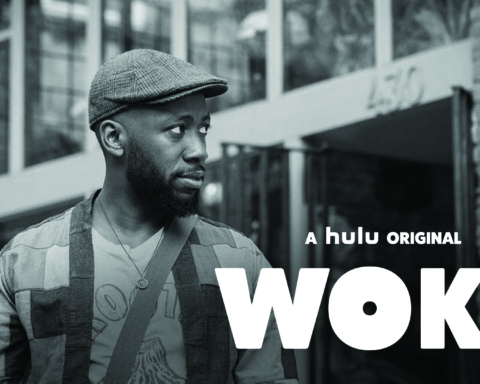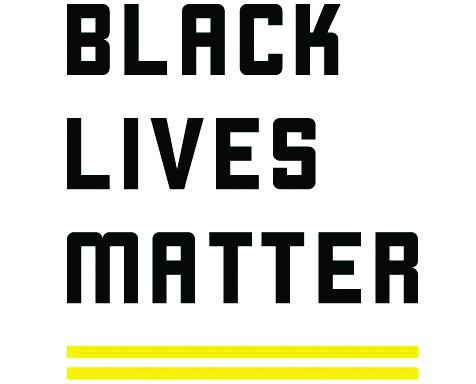The Black Lives Matter (BLM) movement has a severe image problem. Between riots in Ferguson, Missouri, Baltimore and most recently Milwaukee, Wisconsin, violence dominates the image of BLM.
Some may argue that BLM is a virtuous movement and that those truly responsible for its bad reputation are a small minority of radical supporters.
Yet the founders and leaders of the movement more than anyone are immensely responsible for creating this problem.
Alicia Garza is a co-founder of BLM. In an article in the Feminist Wire, Garza praised a controversial activist, Assata Shakur, as an inspiration to the creation of BLM.
What’s concerning is Shakur’s questionable criminal history, which Garza seems to ignore.
In 1973, Shakur was involved in a police shooting on the New Jersey Turnpike, which resulted in the death of one police officer. Shakur was later convicted of eight charges, including first- and second-degree murder and atrocious assault and battery.
Following her escape from prison, she received political asylum in Cuba and is now sought by the FBI as one of America’s most wanted domestic terrorists.
According to Garza, a quote from Shakur is recited three times at every BLM event. This level of devotion to such a radical and violent activist is not befitting an organization that claims to be peaceful.
Yet this is not the only case where BLM has shown its support for violent activists. This past August, BLM demanded the exoneration of Shakur along with various other convicted cop killers such as Kamau Sadiki, Herman Bell and H. Rap Brown. Rather than condemning these criminals, BLM legitimized them as “freedom fighters.”
It should be no surprise, then, to see BLM protestors using violent slurs toward law enforcement such as “pigs in a blanket, fry ’em like bacon,” or to see Yusra Khogali, a co-founder of the movement, ask Allah to help her not “kill men and white folks” on Twitter.
This problem extends beyond name calling and threats of violence. BLM has even promoted theft as a legitimate form of protest.
BLM leader DeRay McKesson was invited by Yale University to give a lecture called the “Transformational Leadership in the #BlackLivesMatter Movement.”
During this lecture, he used an essay titled “In Defense of Looting,” which discussed the “practical and tactical benefit to looting.”
The result of this violent rhetoric has been catastrophic. Baltimore protests in part organized by McKesson led to the torching of 61 buildings and 144 vehicles and property damage to 350 businesses. As a result of the complete lack of respect for private property, these riots cost $9 million in damages.
Most upsetting is BLM’s lack of devotion to actual issues facing the black community.
One thing Barack Obama and I can agree on is that the most important problem facing the black community today is the breakdown of the nuclear family.
Seventy-two percent of black children are now raised in single parent households. But BLM is “committed to disrupting the Western-prescribed nuclear family structure,” a position which is already leading to an increase in juvenile crime, poverty and incarceration in the black community.
No movement should be judged by the actions of a few. Movements should be judged by the principles which ground and inspire its founders and leaders.
A closer look at the ideological framework of BLM leaves a scathing mark on its legacy and credibility. It’s sad to see how little black lives actually matter to BLM.
Tyler Grudi is a contributing writer to The Bona Venture. His email is
gruditj15@bonaventure.edu








